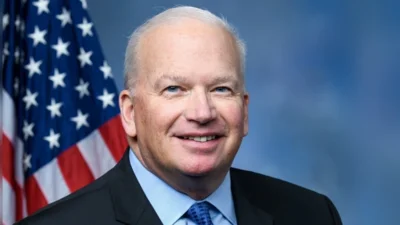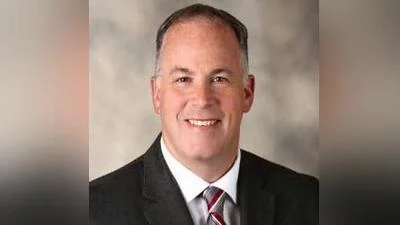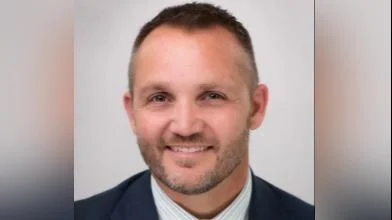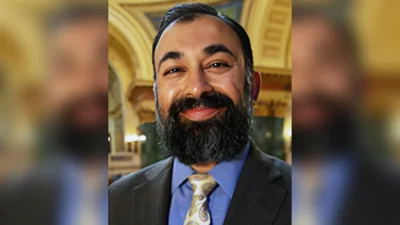Chris Kapenga, Wisconsin State Senator for 33rd District | Facebook
Chris Kapenga, Wisconsin State Senator for 33rd District | Facebook
According to the Wisconsin State Legislature's official website, the bill was described as follows: "the minimum net worth requirement for licensed mortgage brokers".
The following is our breakdown, based on the actual bill text, and may include interpretation to clarify its provisions.
In essence, this bill amends the statutes related to mortgage broker licensure by eliminating the requirement for applicants to provide evidence of a minimum net worth. Currently, applicants for a mortgage broker license must demonstrate a minimum net worth of $100,000 to the satisfaction of the Division of Banking in the Department of Financial Institutions. The bill repeals this net worth requirement, thereby removing the need for mortgage brokers to submit financial statements accompanied by a certified public accountant's review. This change could facilitate easier entry into the mortgage brokering profession by reducing the financial burden on applicants.
The bill was co-authored by Representative Robert Brooks (Republican-59th District). It was co-sponsored by Representative Benjamin Franklin (Republican-88th District), Representative Russell Goodwin (Democrat-12th District), and Representative Chanz J. Green (Republican-74th District), along two other co-sponsors.
Chris Kapenga has authored or co-authored another 25 bills since the beginning of the 2025 session, with none of them being enacted.
Kapenga graduated from Calvin College in 1994 with a BA.
Kapenga, a Republican, was elected to the Wisconsin State Senate in 2015 to represent the state's 33rd Senate district, replacing previous state senator Paul Farrow.
In Wisconsin, the legislative process starts when a senator, constituent, group, or agency proposes an idea for a bill. After drafting, the bill is introduced, numbered, and referred to a committee for review and public input. If approved, it moves through three readings and votes in both the Senate and Assembly. Once both chambers pass the same version, the bill goes to the governor, who can sign it, veto it, or let it become law without a signature. Only a small share of bills introduced each session ultimately become law. You can learn more about the Wisconsin legislative process here.
| Bill Number | Date Introduced | Short Description |
|---|---|---|
| SB315 | 06/06/2025 | The minimum net worth requirement for licensed mortgage brokers |
| SB310 | 06/04/2025 | Time limits on local unit of government chief executive officer emergency power proclamations |
| SB295 | 05/30/2025 | The use of artificial intelligence or other machine assisted translation in court proceedings and of telephone or live audiovisual interpretation in criminal trials. (FE) |
| SB242 | 05/09/2025 | Required ratio of journeyworkers to apprentices in apprenticeship programs and contracts |
| SB157 | 03/27/2025 | Prohibiting gender transition medical intervention for individuals under 18 years of age |
| SB154 | 03/21/2025 | Requiring the Department of Health Services to seek any necessary waiver to prohibit the purchase of candy or soft drinks with FoodShare benefits. (FE) |






 Alerts Sign-up
Alerts Sign-up